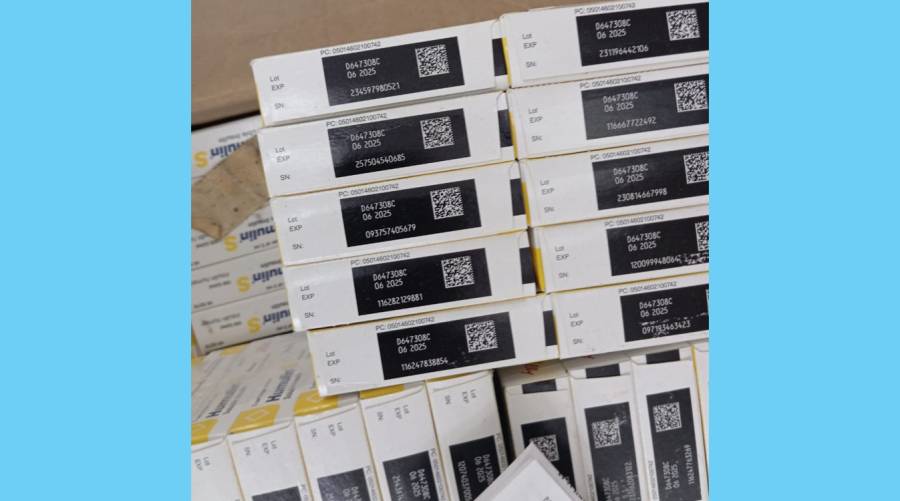On July 26, 2025, a disturbing case of medical malpractice surfaced at the National Institute of Child Health (NICH) in Karachi. Expired insulin vials were discovered in hospital storage, with credible reports suggesting that some may have already been administered to patients. This shocking revelation has triggered widespread public anger and prompted immediate action from health authorities.
The expired insulin, essential for managing Type 1 Diabetes, had been improperly stored and remained on shelves well past its expiration date. When insulin passes its expiry, it loses effectiveness, making it potentially fatal for patients reliant on precise dosage. Administering such medication could lead to uncontrolled blood sugar levels, ketoacidosis, coma, or even death.
Hospital insiders revealed that the pharmacy unit had not conducted proper stock audits for several months. Improper disposal practices were noticed when discarded insulin vials were seen in general waste rather than biohazard bins. Initially brushed off by administration as clerical misplacement, the issue escalated when internal investigations confirmed the presence of expired medicine in circulation.
The hospital’s Medical Superintendent has been summoned for an urgent explanation and directed to submit a detailed incident report. In response to the scandal, the Sindh Health Department suspended several staff members and formed a review committee to examine the systemic lapses.
Outside the hospital, panic and frustration grew among families who trusted the institution with their children’s care. Many parents, particularly of diabetic children, expressed deep concern about their safety and demanded accountability from hospital leadership. Confidence in the public hospital system has been severely shaken.
This incident has once again drawn attention to the widespread issues plaguing public healthcare in Pakistan ineffective inventory management, lack of digital tracking systems, poor cold chain logistics, and overall administrative negligence. Medical experts and healthcare activists are now calling for systemic reforms. These include implementing digital medicine inventory systems, regular expiry audits, transparent disposal protocols, and pharmacist sign-offs for every administered medication.
In recent years, NICH has struggled with various controversies including overcrowded wards, hygiene concerns, and outdated infrastructure. However, the insulin scandal represents a far more dangerous breach, as it directly threatens the lives of some of the country’s most vulnerable patients—children with chronic medical conditions.
The Drug Regulatory Authority of Pakistan (DRAP) is expected to inspect medical storage facilities across major public hospitals following the incident. Medical rights groups are urging federal oversight and warning that such scandals, if unchecked, could erode public trust in life-saving medical institutions.
The expired insulin scandal at NICH Karachi is a wake-up call. It highlights the urgent need for reforms in medicine handling, stronger regulatory frameworks, and accountability at every level of hospital management. The safety of patients, especially children with chronic conditions, must be protected at all costs and negligence of this scale must not go unpunished.



Comments (0)
No comments yet. Be the first to comment!
Leave a Comment